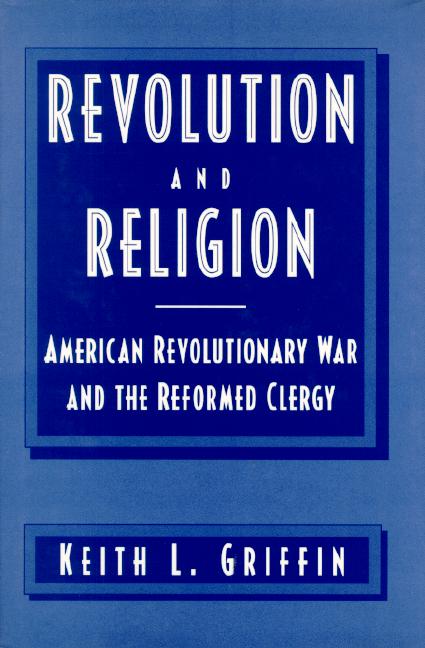“Between the Reformation and the American Revolution lay the English civil war and the crucial expansion of orthodox Puritanism. When Puritan politico-religious ideas are examined, it can be seen that a number of concepts employed by sixteenth century Reformed divines and developed by the Puritans were later taken up and utilized to argue resistance against the restored British crown.... The same set of theological principles which upheld a submission-to-higher-powers ethic in peaceful times also impelled resistance to those powers in times of oppression; this theological ethic the Puritans based squarely on the Bible. The American middle colony Reformed clergy built their eighteenth century evangelical theology upon the Puritan and Reformed faiths of the seventeenth century and retained the potential for violent resistance, while holding to the norm of submission to governmental authority.”–from Revolution and Religion
Religion is perennially an agent of radicalism–as rulers from Pontius Pilate to George III have learned, much to their dismay. But more difficult to say is whether revolutionary zeal takes its cue from the philosophical traditions with which religious movements are often in conversation–or whether the zealotry of a given religious community has to do with belief in a special revelation, disclosed to members of the community wholly apart from the less parochial, more worldly influence of philosophy.
In Revolution and Religion, Keith Griffin offers a corrective to our received ideas about the sources of revolutionary ideals in the American middle colonies. Hereto, scholars in the main have followed the lead of writers such as Bernard Bailyn and Alan Heimert, who imagined middle colony ideals as of a piece with those of the New England colonies and their secularized Harvard College theology. In the “New England” model, resistance to British imperial oppression was justified in reference to notions of human rights and political authority derived from burgeoning Enlightenment rationalism. By contrast, argues Griffin, the documents produced by the middle colony clergy invoke not Enlightenment icons but rather the Old Testament prophetic tradition and the Reformation notion of “the elect” to justify insurrection.
Griffin’s study thus belies the idea that New England’s theological culture dominated the whole of Revolutionary American religious life. Turning to sermons and pamphlets published in New York, New Jersey and Pennsylvania from 1740 to 1781, Griffin shows us that Reformed Protestant thinking in these colonies was not based on the New England model but on the older American theology of Jonathan Edwards and the Great Awakening. While the small-town, revivalist preachers of the middle colonies were not Puritans, they appropriated the Puritan “elect nation” ideology in order to reckon righteous their resistance to the French and, later, to the British. And, Griffin concludes, this sense of uniqueness and mission suggests that the middle colony clergy–and not their New England counterparts–introduced into the American psyche those traits which a century later would impel the nation toward its imagined Manifest Destiny.
KEITH L. GRIFFIN teaches American Church History at Fuller Theological Seminary.




